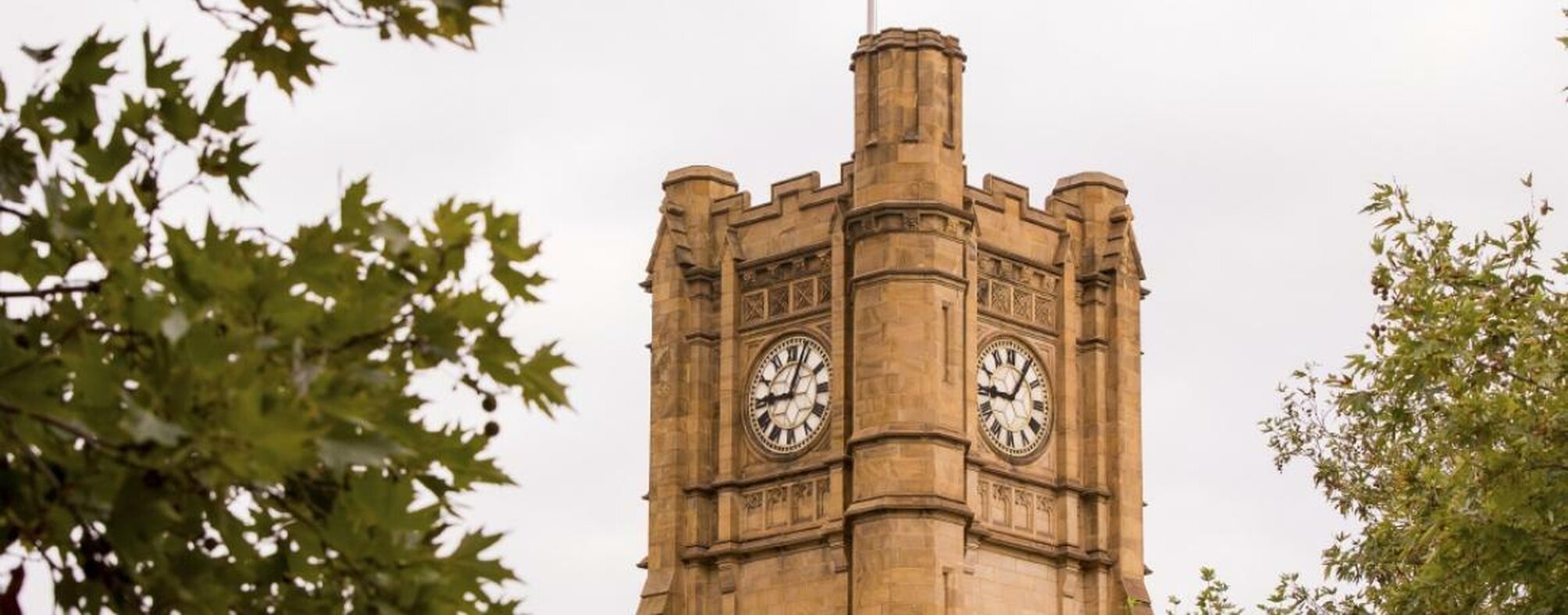History is a passion for philanthropist and ex-investment banker Jane Hansen and she despairs of always being asked why it matters. This week she and her husband, former Toll boss and outgoing Essendon football dub chairman Paul Little, gave a definitive answer – $10 million.
In the largest donation to the University of Melbourne's arts faculty, and the largest to a history department anywhere in the country, the husband and wife team of business heavyweights have asked that the bulk of the money goes into boosting history teaching.
The aim is to reinvigorate history with smaller and more interactive classes to encourage more students from across university to pick up a history subject.
It is the latest in a growing number of big donations to Australia's university and research sectors. Melbourne vice- chancellor Glyn Davis says the new-found generosity reflects the huge influence of US philanthropist Chuck Feeney and his campaign to promote "giving while living".
Mr Feeney gave $500m to science and medical research initiatives in Australian, including $250m in Queensland.
Speaking to a stunned audience of academics and at Melbourne's Old Arts building on Monday, Ms Hansen, who is studying for a history degree, said history mattered because the past "reverberates".
She said she knew first-hand how humanities at universities were underfunded.
It is the first initiative of the couple's new philanthropic Little Foundation. About $8m will go directly into history through the Hansen Trust that will fund in perpetuity a new chair in history as well as three lectureships, a senior lectureship and an annual $30,000 PhD scholarship.
It comes as Professor Davis convenes a working group next month to thrash out policy ideas on how the government could encourage philanthropy more broadly across the sector. Presently it is the sandstones and medical institutes, particularly cancer research, that receive the bulk of giving. Professor Davis has floated the idea of capped matched funding schemes to better spread philanthropic support.
Ms Hansen said government matched funding schemes were a "great idea". "It encourages philanthropists and creates deadlines," she said.
Daniel McDiarmid, from the consultancy Ask Right, said the best way for the government to support philanthropy would be to provide funding for smaller universities to scale up their advancement efforts.
The Ross-CASE survey of 19 Australian and New Zealand universities showed that new fundraising spiked substantially from $300m in 2012 to $495m in 2013. Last year new fundraising stayed strong at $408m, led largely by campaigns at Sydney and Melbourne universities. The total spending by universities on fundraising work was $53m.
